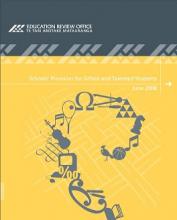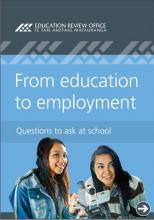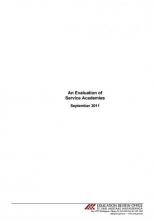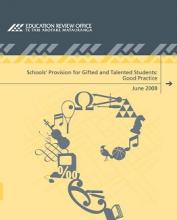Science in secondary schools: a guide for leaders
To support leaders and teachers to review and strengthen the science learning opportunities they provide, ERO explored the strategies and approaches that a selection of schools had taken to increase students’ engagement in science. This short guides draws on this work to help secondary school leaders think about how they can support stronger science teaching and learning in their school.
















